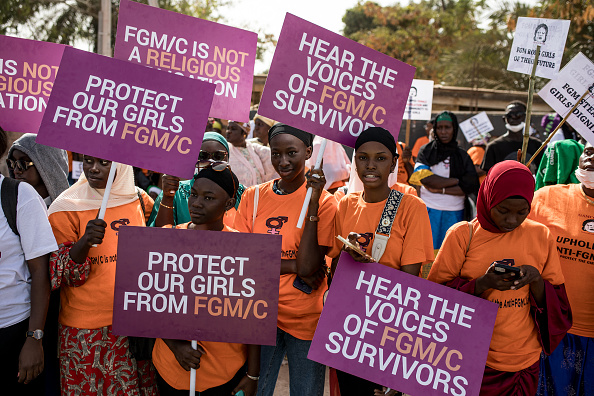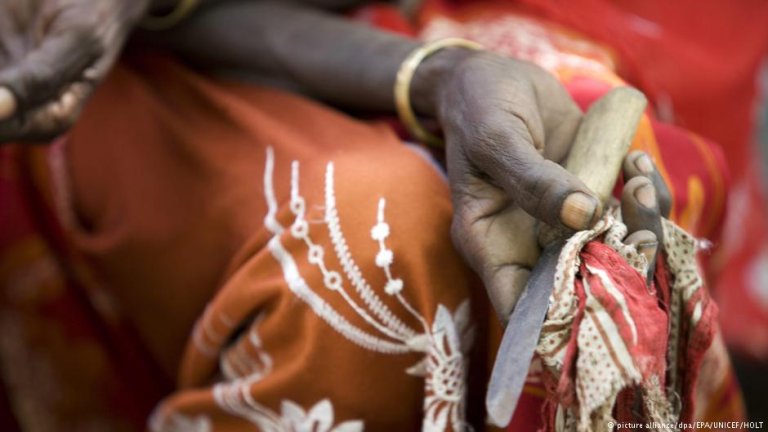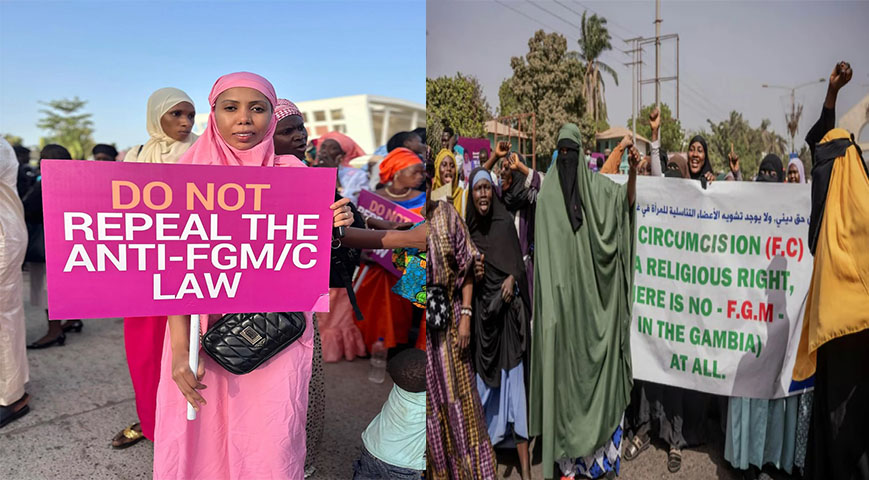Gambian legislators debated Monday whether they should lift the ban on female genital mutilation, which has been on the rise in recent years despite activist initiatives to stop the practice.
In 2015, the country imposed severe penalties and prison terms on individuals who perform female circumcision, often known as FGM.

The World Health Organisation states that the technique has no health advantages and might result in severe bleeding, shock, psychological difficulties, and even death.
Did you read this?
Lawmaker Almameh Gibba introduced the repeal measure earlier this month, alleging that the prohibition infringes on residents' rights to practice their culture and religion.
If the measure is enacted, Gambia would become the first country to remove its prohibition on FGM.

After discussing the bill, legislators voted 42 to four to refer it to a parliamentary committee for examination, according to the speaker.
The committee can change the law and is anticipated to return it to the national assembly for a vote, which typically takes at least three months.
The United Nations Children's Fund stated earlier this month that the number of women and girls who have undergone FGM globally has risen from 200 million to 230 million in the last eight years.

According to the report, African nations had the highest proportion of these women and girls, with over 144 million instances, followed by Asia, with over 80 million, and the Middle East, with more than 6 million.
Equality Now, an advocacy group, stated that criminalization was a critical step in the battle against female circumcision, even though more than half of the 92 nations where FGM is practiced had legislation against it.

According to United Nations estimates, the frequency of FGM among girls in Gambia has dropped drastically since the ban was enforced.
Gambia's prohibition, imposed by despotic ex-president Yahya Jammeh, has sparked criticism, particularly after President Adama Barrow took office in 2017.
Last August, three women were charged with performing FGM on eight newborn girls, making them the first people convicted under the law.

In response to the ruling, Gambia's Supreme Islamic Council stated that female circumcision is one of Islam's virtues.
Members of parliament have spoken out both in support of and against the measure.









